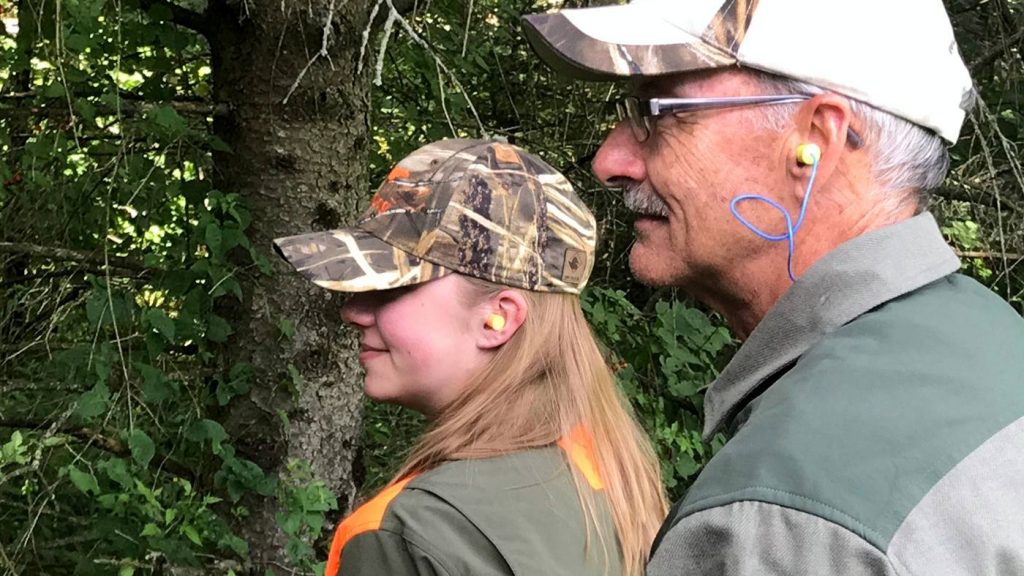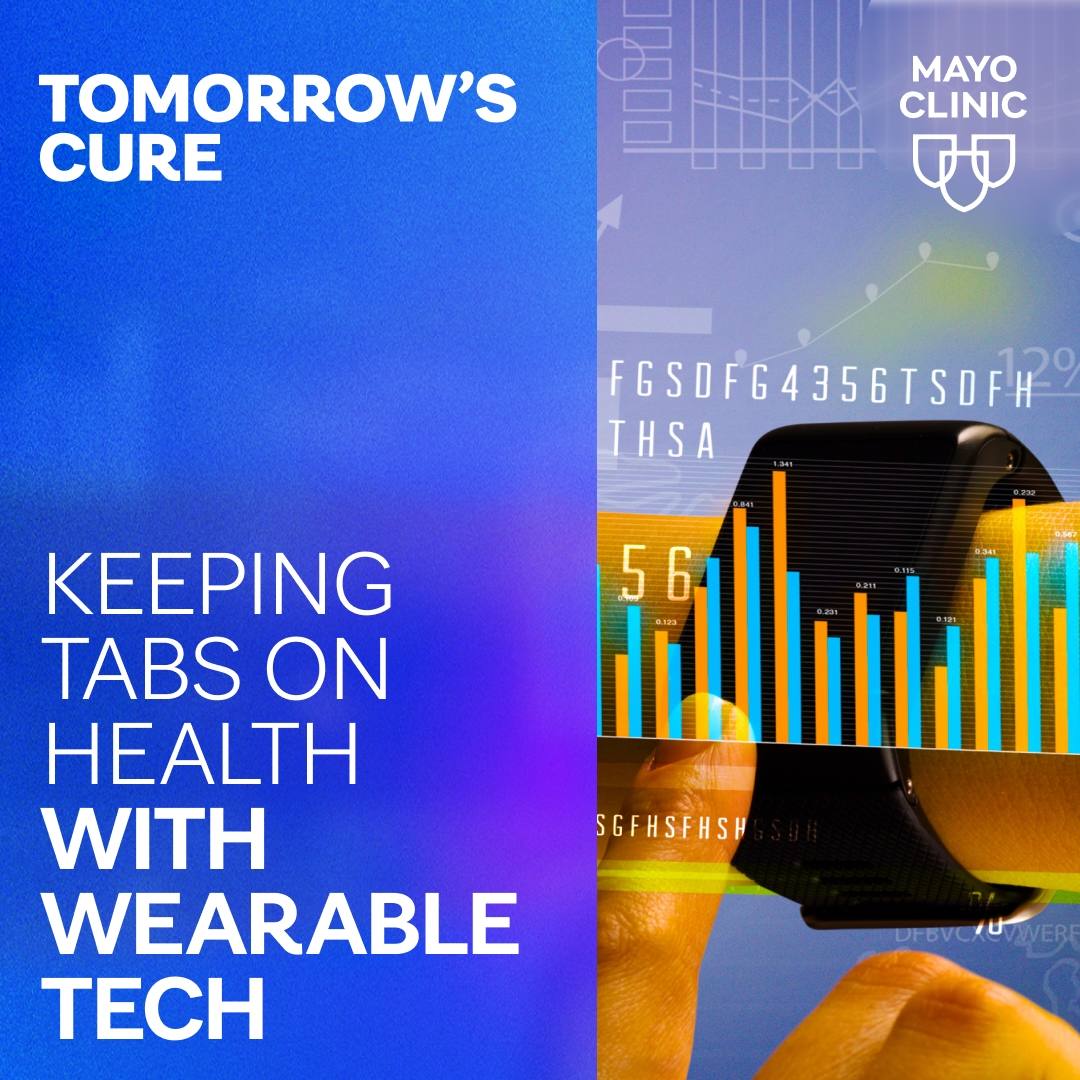-
Mayo expert offers tips for a safe hunting season

LA CROSSE, Wis. — To hunters, waiting patiently in the woods for hours on end for the opportunity to hunt an animal may not seem like a dangerous activity. Yet the same hunting-related injuries routinely occur every season. The most common medical emergencies include heart attacks, injured backs and broken bones. Dr. Eric Grube, an emergency medicine physician at Mayo Clinic Health System — Franciscan Healthcare in La Crosse offers several tips for a safe hunting season.
"I'm a hunter and always need to remind myself to lead by example when I'm in the woods," says Dr. Grube. "Hunting can be a fun sport for all to enjoy. But we need to make sure that fun isn't spoiled by some unfortunate accident. To make sure that doesn't happen, we need to pay more attention to our safety habits."
Dr. Grube offers these tips:
- Watch for heart attack warning signs.
One study of middle-aged male deer hunters found that common hunting activities, such as walking over rough terrain, and shooting an animal and dragging an animal carcass, increased their heart rate significantly. Although opinion varies, many health care providers caution that exercising at more than 85% of a person's maximum heart rate increases the risk of heart attack. - Consider creating an exercise routine to improve your physical fitness while hunting.
"Hunters who are not accustomed to the strenuous hikes involved should take several breaks to rest," Dr. Grube says. - Pay attention to your surroundings at all times.
Falls tend to be the most common cause of injuries, and often happen when a hunter is up in a tree stand and startled by animals there. Consider using safety belts to help protect yourself from injury. - Always check equipment and tree stands before you use them. Permanent tree stands are more likely to deteriorate from weather and should be avoided. The average fall from a tree stand is about 15 feet. Injuries suffered from those heights can cause broken bones, paralysis or death.
- Avoid alcohol.
Hunters are more susceptible to injuries, including frostbite and hypothermia, if they've been drinking. - Let family members know where you'll be hunting and take two-way radios or loud whistles along in case help is needed. "Surprisingly, a large number of hunting accidents occur between family members and friends who have gone out together, but do not remember or know where their party has gone," Dr. Grube says.
- Learn some basic first aid before heading to the woods, should a hunting partner have a heart attack.
This includes knowing how to administer cardiopulmonary resuscitation or hands-only CPR, which consists of chest compressions,
Hunters should make sure they are properly educated about their surroundings. They also should be diligent with safety precautions, which include wearing clothing that is suitable for hunting and the weather.
"Always stay level-headed and always alert other hunters of your presence," says Dr. Grube. "You never want to startle another hunter with a loaded weapon."
Dr. Grube notes four basic rules of firearm safety from the Wisconsin Department of Natural Resources known as TAB-K:
1. Treat every firearm as if it is loaded.
2. Always point the muzzle in a safe direction.
3. Be certain of your target and what's beyond it.
4. Keep your finger outside the trigger guard until ready to shoot.
"When a person falls, whatever happens with one hand naturally happens in the other," explains Dr. Grube. For example, if a hunter stumbles with a firearm in one hand and nothing in the other, whatever that person does with the free hand will automatically happen with the hand holding the gun. "So if a finger is inside the trigger guard, that hand likely will close around the pistol grip of the gun and on the trigger, causing an unwanted discharge."
"Although getting that trophy animal is exciting, never forget that your health and well-being is even more valuable to you and your loved ones," Dr. Grube says.
Media contact: Rick Thiesse, Mayo Clinic Public Affairs, 507-284-5005, newsbureau@mayo.edu.







